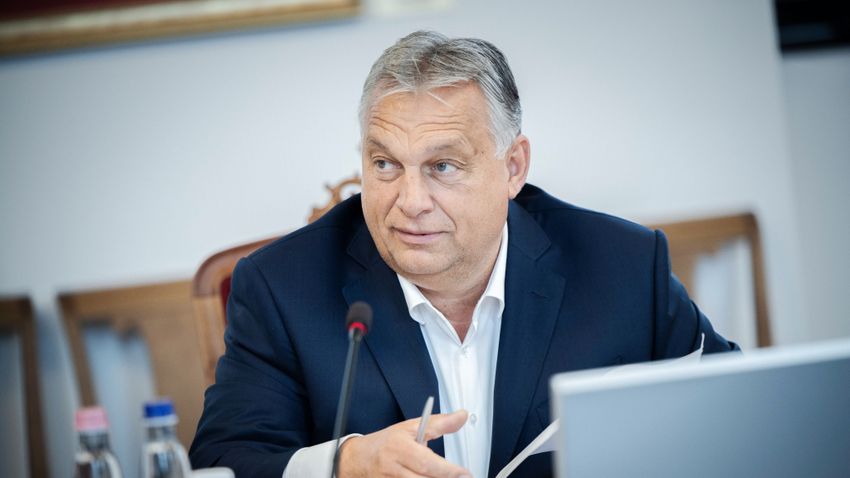The European Commission is considering plans to unblock billions of euros in funding due to Hungary in order to obtain support from Budapest for increased budget contributions from EU member states to fund further aid for Ukraine.
The Financial Times and Hungarian finance portal Portfolio.hu reported on Tuesday that around €13 billion in cohesion funds, which Brussels had withheld to force through judicial reforms by Prime Minister Viktor Orbán’s administration, could be released should Hungary approve the EU’s financial framework that would see around €50 billion provided to Kyiv over the next four years.
The European Commission is currently conducting an investigation into judicial reforms passed by the Hungarian parliament in the summer in order to assess the extent to which they now comply with the European Union’s expectations. EU sources have revealed to the above news outlets that the outcome of this investigation could depend on how amenable Budapest becomes regarding the proposed amendments to the EU budget to facilitate further funding for Ukraine.
[pp id=7883]
“I can’t imagine Hungary agreeing without there first being a solution to the blocked funds,” one EU official told Reuters.
“Hungary needs the money urgently, which is an incentive for reform. The Commission needs Hungary to lift its vetoes on a number of issues in return,” added an unnamed EU diplomat.
The commission is dependent on Budapest’s approval, as the proposals are conditional upon unanimous agreement among member states.
The move would be seen as a political victory for Orbán against the European Commission, which has been withholding vital funding owed to Hungary since last December, leading the Hungarian prime minister to vow not to approve any amendments to the European Union’s multi-annual financial framework until the money is paid.
Three EU officials told the Financial Times that the European Commission intends to unfreeze the funding by the end of November, a timeline consistent with remarks offered by Hungarian EU Affairs Minister János Bóka, who claimed the funds would be available to Budapest by the end of the year.
Ukraine also appears to understand the need to appease Budapest to get what it wants after the country’s National Agency on Corruption Prevention (NACP) temporarily suspended the designation of Hungary’s largest bank, OTP Bank, from its public list of international sponsors of war.
A statement by the agency explained the move was made in the hope “that this decision will lead to Hungary’s unblocking of €500 million of vital EU military aid for the Ukrainian people.”
Budapest to date has remained defiant, insisting that a suspension is insufficient and calling for the bank’s permanent removal from the list.
“No significant changes have occurred due to the temporary suspension,” said Hungarian Foreign Ministry spokesman Mate Paczolay on Saturday. “Until OTP Bank is removed from this list, Hungary will not participate in further EU funding for arms shipments to Ukraine.”






